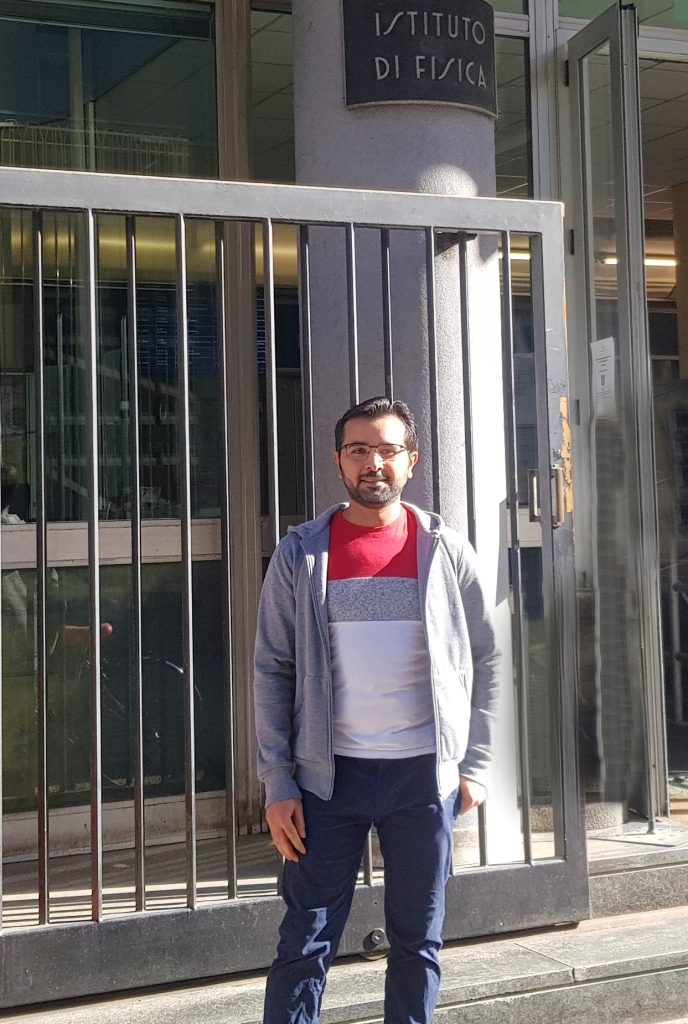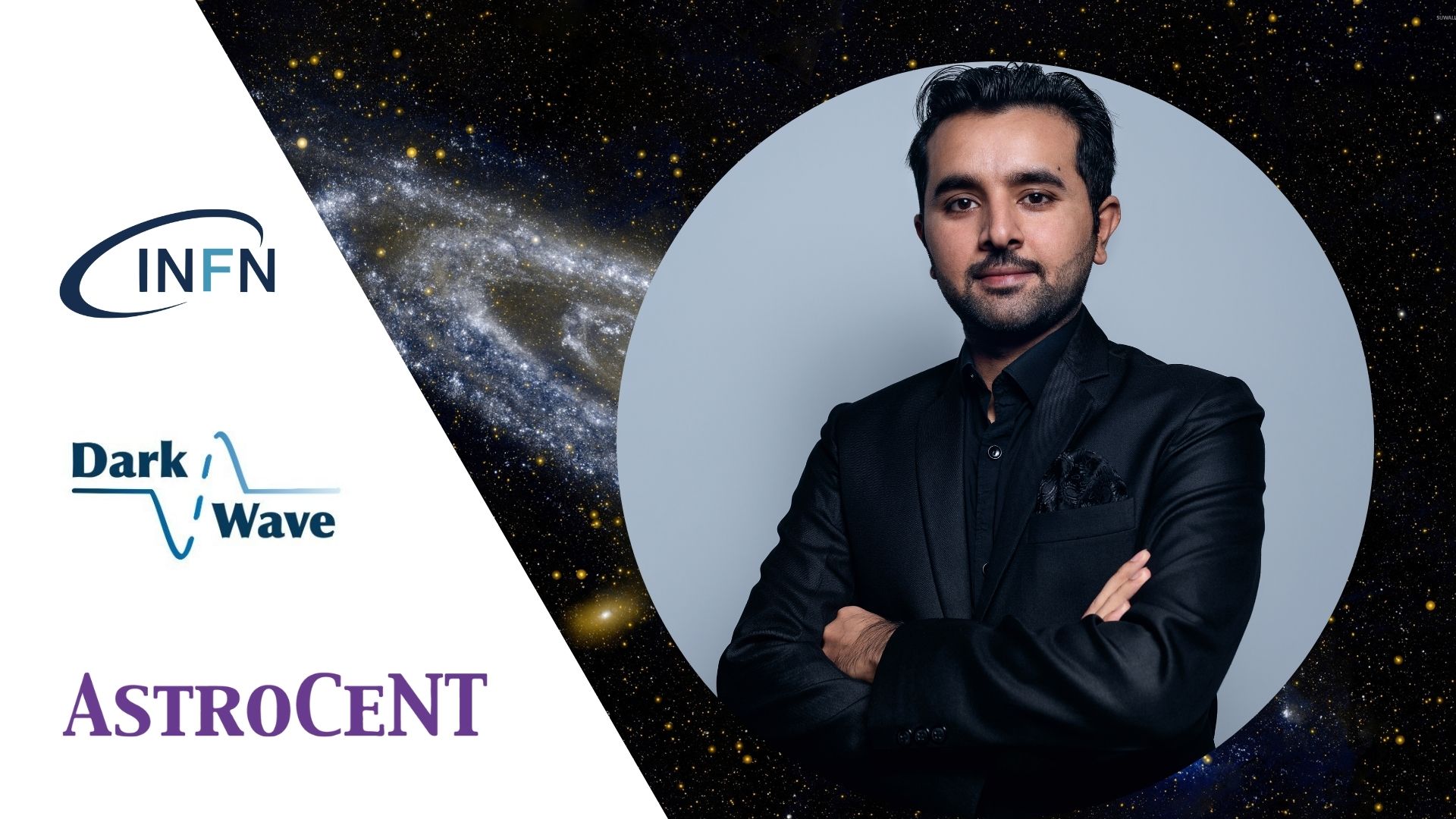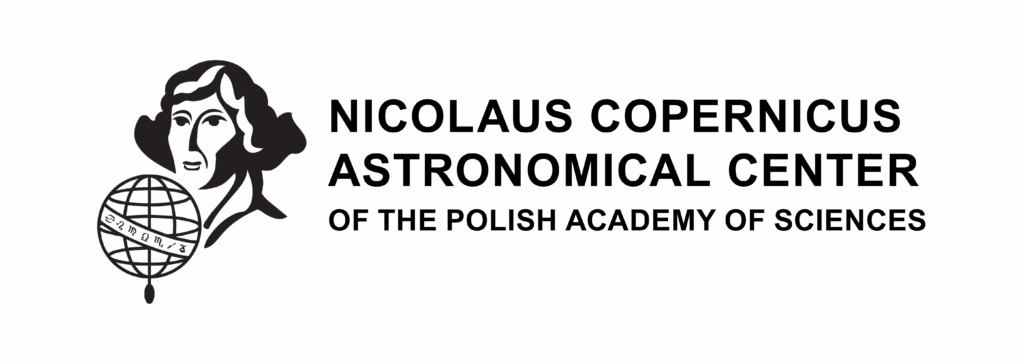The career of a scientist is often associated with international travels. After all, the sharing of experiences, communication, and working in collaboration with colleagues around the world can bring results that are difficult or even impossible to achieve alone.
In June 2021, one of our PhD students, Iftikhar Ahmad (research group 4 led by Dr Masayuki Wada), moved to Italy for a long-term fellowship. At the INFN (National Institute for Nuclear Physics) in Turin, Iftikhar is working with a team of scientists led by Dr. Manuel Dionisio da Rocha Rolo.
The goal of this project is to develop a silicon photomultiplier (SiPM) based photodetector with integrated electronics, which will meet the demanding requirements for future dark matter experiments. In rare event physics it’s a continuous challenge to reduce and characterize the background noise accurately. To achieve this goal, scientist plan to replace the discrete electronics with ASIC (application specific integrated circuit) readout electronics that will play a vital role in reducing the background from electronic components of the SiPM-based photodetectors. This technology can be scaled up to larger detectors for dark matter searches.

„So far, we have done the simulations for different sizes of photo-detector modules and checked the feasibility of the photo-sensor to provide a benchmark for the experimental setup. By the end of my internship I plan to participate in designing a fully digital readout. The setup will be tested and characterised with a laser pulse in Turin”, says Iftikhar.
This trip was made possible by the DarkWave project, the objective of which is to financially support international scientific cooperation and in particular to finance trips, conferences and other activities related to scientific experience exchange.







